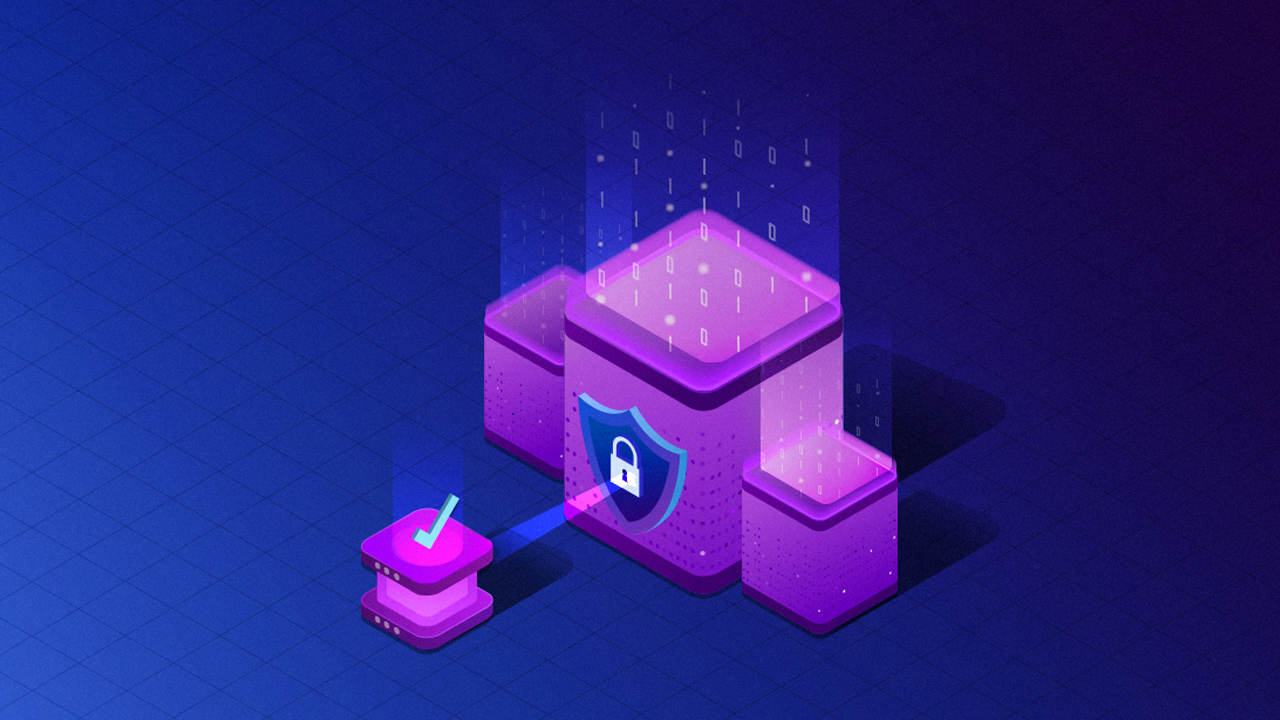In the first three parts of the GlobaliD 101 series, we’ve explored:
- Part 1: What a smart and humanistic approach to digital identity would like
- Part 2: The Trust Triangle — the system of issuers, holders, and verifiers that illustrates how identity works (and how it’s broken, today)
- Part 3: Why the ID Wallet is the first step toward achieving a new vision for digital identity
At first, every company was a tech company. Every business needed a digital strategy. Back in 2017, Goldman Sachs’ CEO famously stated that the storied investment bank was actually a tech company: “We are a technology firm. We are a platform.”
Not long after, every company was a fintech company. Every business needed a way to manage money and payments. As Andreessen Horowitz’s Angela Strange wrote in 2019, “I believe the next era of financial services will come from seemingly unexpected places… Fintech is eating the world.”
Fast forward to today, and every company is an identity company. Every business needs to connect with customers and users as well as manage their data, privacy, and trust in a compliant way.
In other words, every company is a verifier as part of the Trust Triangle.
The problem is that most companies are focused on their core business — they’re not experts in the domain of identity, security, and data management. With the way digital identity works today, this becomes an incredibly expensive exercise, not only for businesses and institutions but also for society at large.
Home Depot is in the business of selling home improvement supplies both in retail stores and online, but since 2014, the company has spent nearly $200 million in relation to a data breach that impacted over 52 million of its customers.
We’ve all seen the headlines — Home Depot is hardly alone in this.
Businesses and institutions have taken on much of the cost of an archaic approach to digital identity:
- $1 million per year spent on password support costs alone
- $6 million average loss from credential stuffing
- $7-$30 million spent on data protection compliance
- 6%-9% of bank revenue spent on compliance
- $60 million per year spent by financial institutions on KYC (Know Your Customer)
- $163 billion in U.S. unemployment fraud in 2021
That’s just the tip of the iceberg.
Identity needs don’t just increase expenditure and bloat for established firms, they also serve as barriers to entry for new upstarts, serving as a bottleneck for innovation.
There’s also the flipside to this, where companies and institutions that want to maintain a more frictionless experience for users must face the reality of diminished trust on their platforms — from bots to fake news, contributing to society’s growing trust deficit.
What if there was another way?
What if companies didn’t have to choose between focusing on their core business and becoming an identity company? What if companies could trust their customers and users without having to collect and store sensitive personal information? What if platforms didn’t have to pick between real users and a more frictionless experience?
What if companies could empower their users along the way?
That’s the GlobaliD vision. You control your data and bring your identity with you. Businesses leverage machine-readable verifiable credentials to be sure who their customers are. Developers offload onboarding and unlock multi-factor, passwordless, authentication instantly.
Everybody wins.
If you’d like to learn more about our enterprise solutions for verifiers, contact our sales team.
Follow us on Twitter, LinkedIn and YouTube to learn more about GlobaliD. You can also subscribe to the GlobaliD Insider to stay up-to-date regarding the latest company developments and more in the world of self-sovereign identity.

